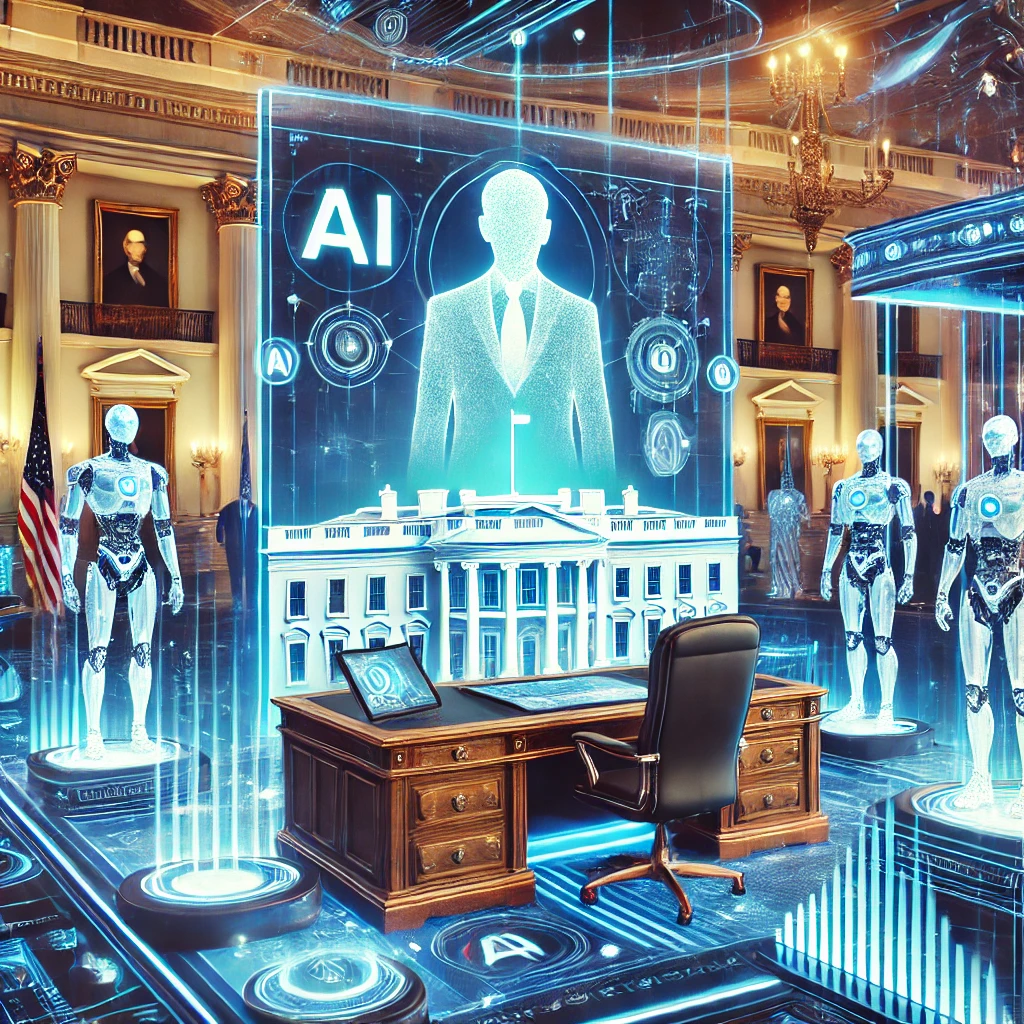President-elect Donald Trump is reportedly considering the establishment of an “AI czar” within the White House to coordinate federal policies and guide the government’s approach to artificial intelligence, according to sources cited by Axios. The move underscores the growing recognition of AI’s transformative impact on society, the economy, and national security.
A Strategic Role in a Critical Domain
The proposed role of the AI czar would involve oversight of federal AI initiatives, fostering public-private partnerships, and ensuring that the U.S. remains competitive in the global AI race. With advancements in machine learning, automation, and generative AI reshaping industries, the coordination of AI efforts at the highest level of government could have far-reaching implications.
While the specifics of the role remain under discussion, the appointment signals the administration’s interest in harnessing AI to address critical issues, from infrastructure development to national defense.
Elon Musk’s Expected Involvement
Tesla and SpaceX CEO Elon Musk is reportedly not being considered for the AI czar role but is expected to play an influential part in shaping the broader AI debate. Musk, a vocal advocate for ethical AI and regulation, has long warned about the potential risks of unregulated AI systems. His involvement may focus on steering policies to ensure AI development aligns with ethical and safety standards.
Balancing Innovation and Regulation
The introduction of an AI czar raises important questions about the balance between fostering innovation and implementing regulations. Supporters of the idea argue that a centralized figure could streamline efforts across federal agencies and avoid redundant or conflicting policies. However, critics warn that overregulation could stifle innovation in an industry where speed and agility are crucial.
What This Means for the Future
The potential appointment of an AI czar reflects a broader shift toward recognizing AI as a national priority. By bringing together policymakers, technologists, and industry leaders, the role could shape not only domestic AI strategies but also the U.S.’s standing in the global AI landscape.
As AI continues to evolve, the decisions made by this administration could set the tone for how the technology is used and governed for years to come.


